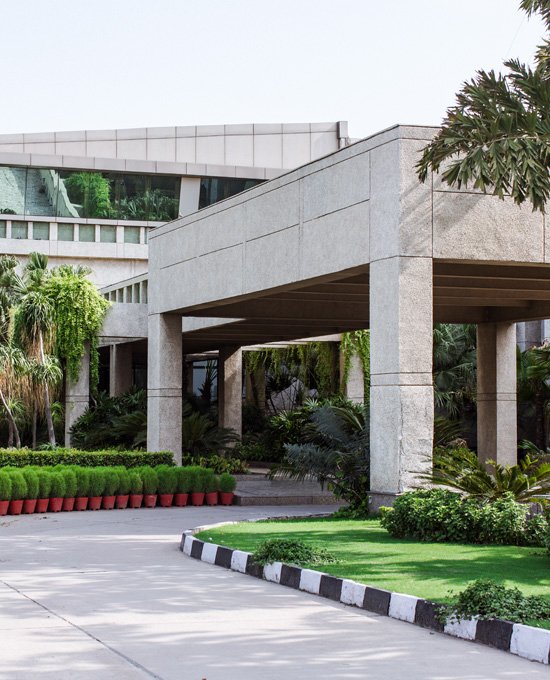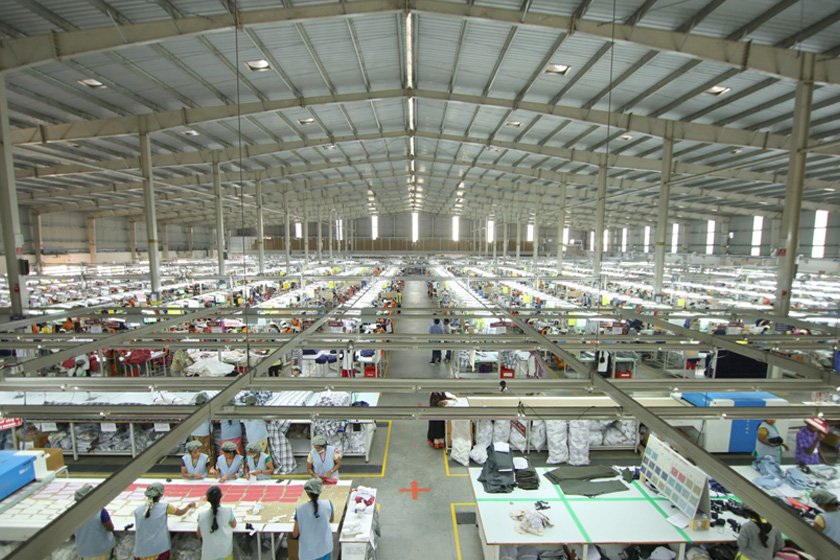Established in 1974 by Mrs. Sarla Ahuja, Shahi has grown to become India’s largest apparel manufacturer, operating more than 50+ factories and 3 processing mills across 8 states. We have around 100,000 + employees, 70% of whom are women. We are committed to serving our customers through design-led innovation, vertically integrated operations, and our positive social and environmental business practices.
Vertically-integrated
80%
of the capacity of our mills is directed to our own factories
Design-led innovation
90+
designers across all business verticals
Investing in our employees
30000+
female employees trained under P.A.C.E., a soft-skills training program
Driving sustainability
100%
renewable electrical energy by 2026

Our Capabilities
Shahi’s vertically integrated textile operations and high-end, value-added services are at the cutting edge of innovation in the apparel industry.

